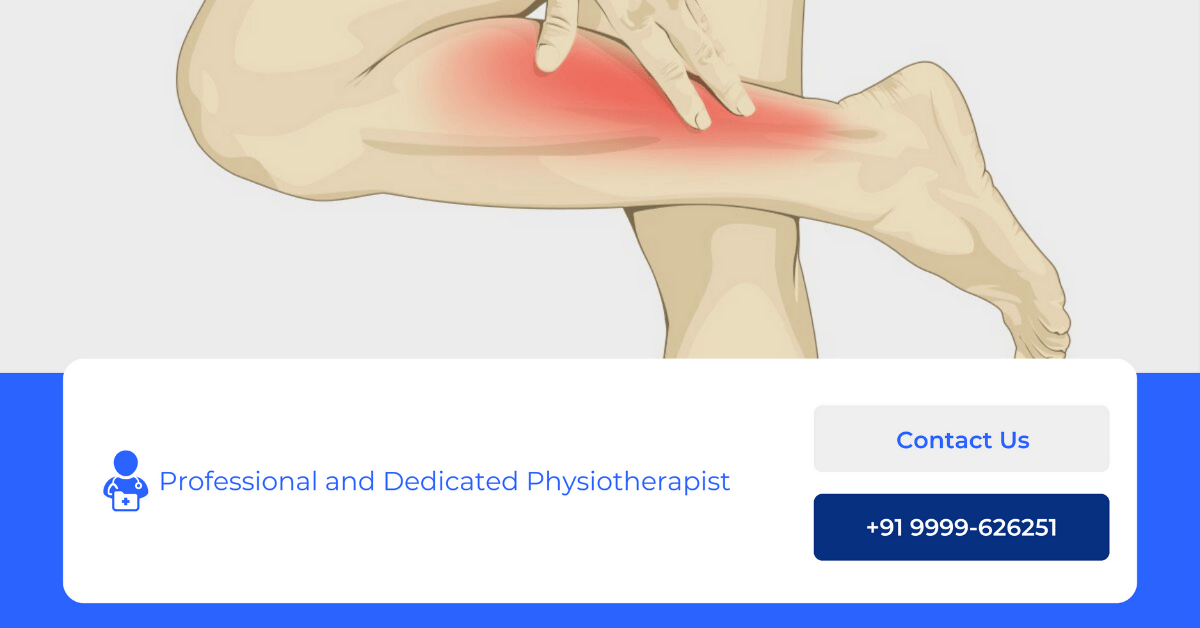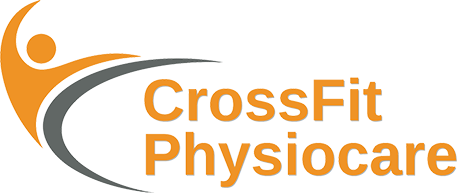
Calf Pain
Calf pain refers to discomfort or pain in the muscles of the calf, which is the back part of the lower leg between the knee and the ankle. Calf pain can have various causes, ranging from muscle strain and overuse to more serious conditions.
Common causes of calf pain:
Muscle Strain: Overexertion, sudden movements, or inadequate warm-up can lead to calf muscle strains. This can result in localized pain, tenderness, and sometimes swelling.
Muscle Cramps: Sudden, involuntary contractions of the calf muscles can cause sharp, intense pain. Dehydration, electrolyte imbalances, and muscle fatigue can contribute to cramps.
Shin Splints: Pain along the front of the lower leg can sometimes be felt in the calf area. This condition is often caused by overuse and inflammation of the muscles, tendons, or bone tissue.
Achilles Tendinitis: Inflammation of the Achilles tendon, which connects the calf muscles to the heel bone, can cause pain in the back of the calf.
Calf Strain: Specific injury or overuse can lead to a calf muscle strain, causing pain, swelling, and difficulty walking.
Deep Vein Thrombosis (DVT): Blood clot formation in a deep vein, often in the calf, can cause swelling, warmth, and pain.
Peripheral Arterial Disease (PAD): Reduced blood flow to the legs due to narrowed arteries can cause pain, cramping, or fatigue during walking or exercise.
Nerve Compression: Nerves running through the calf can become compressed, leading to pain, numbness, and tingling.
Calf Contusion: A direct blow or impact to the calf can cause bruising, pain, and swelling.
When to Seek Medical Attention:
If you experience severe or persistent calf pain, especially if it’s accompanied by any of the following symptoms, consider seeking medical attention promptly:
Swelling, redness, or warmth in the calf.
Difficulty bearing weight on the affected leg.
Numbness or tingling in the leg or foot.
Signs of infection, such as fever or increased redness.
Self-Care Measures:
Rest: Give your calf muscles time to recover if you suspect overuse or strain.
Gentle Stretching: Perform gentle calf stretches to improve flexibility and reduce tension.
Hydration: Stay adequately hydrated to prevent muscle cramps.
Cold or Heat Therapy: Applying ice or heat can help reduce pain and inflammation.
If you’re unsure about the cause of your calf pain or if it’s causing significant discomfort, consult a healthcare provider for an accurate diagnosis and appropriate treatment recommendations.
- Daani Plaza E-595-596, 4th Floor, Ramphal Chowk Rd, Block E, Sector 7 Dwarka, New Delhi - 110075
- +91 99996 26251
- support@crossfitphysiocare.com
How can we help you?
If you are looking for the best and nearest physiotherapist, then click below to message us on WhatsApp.
